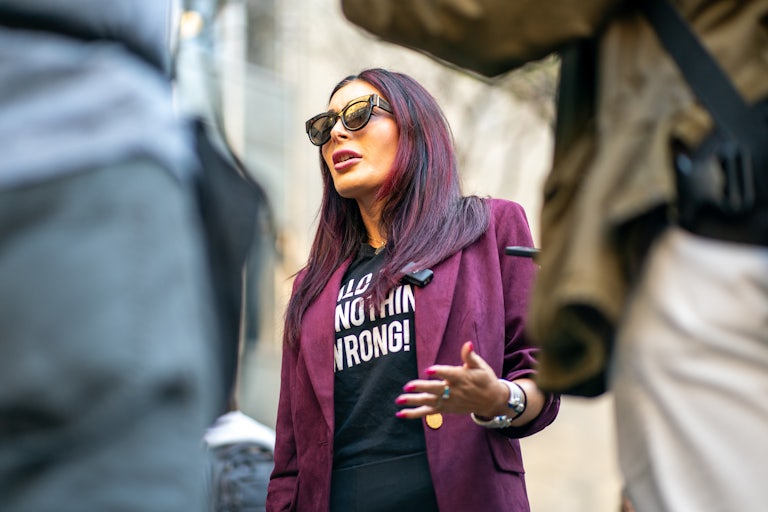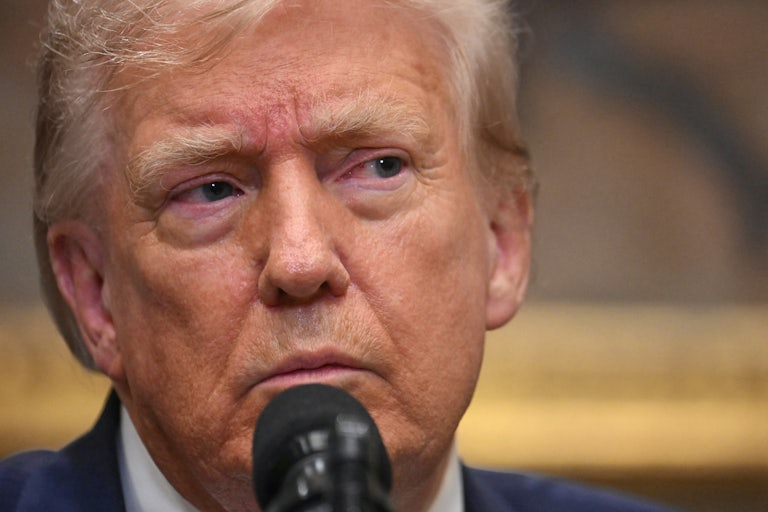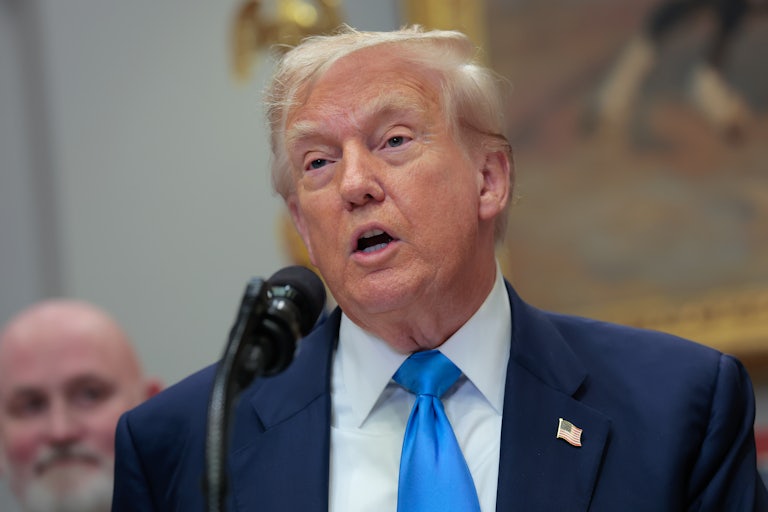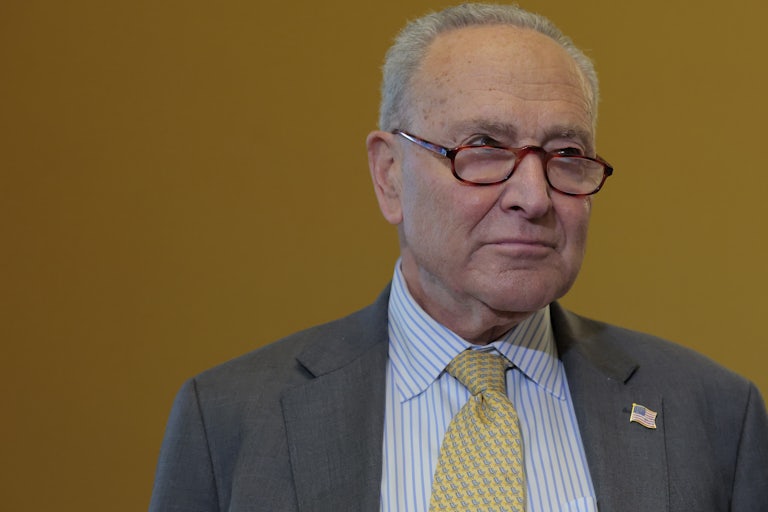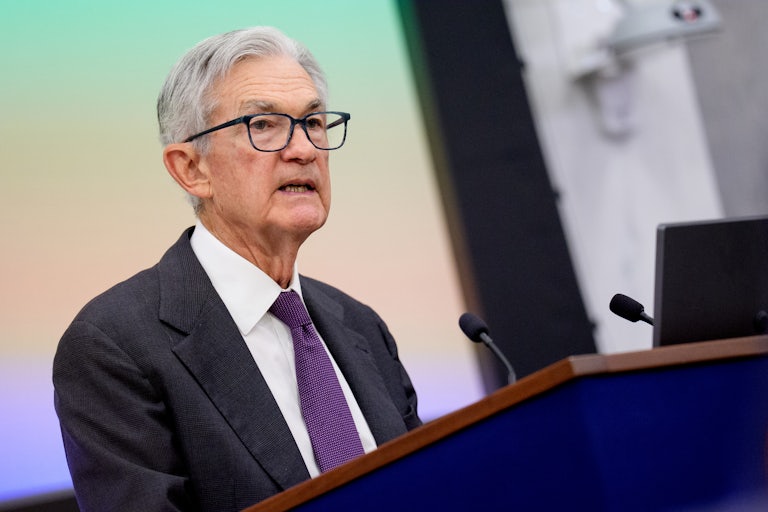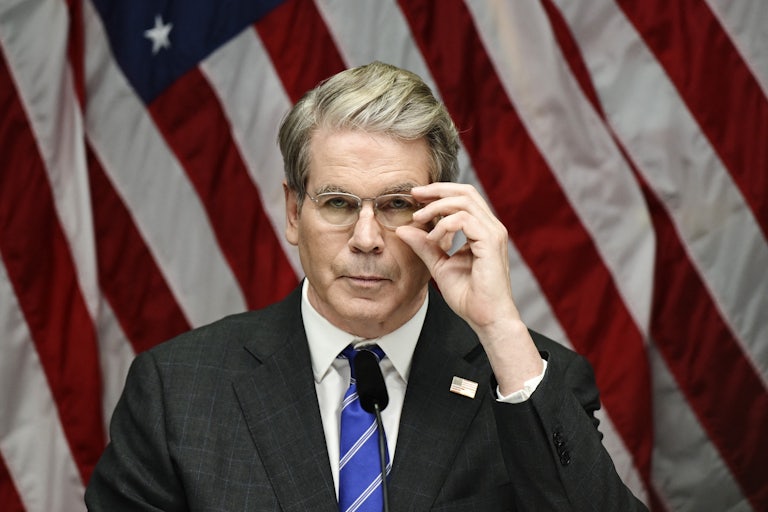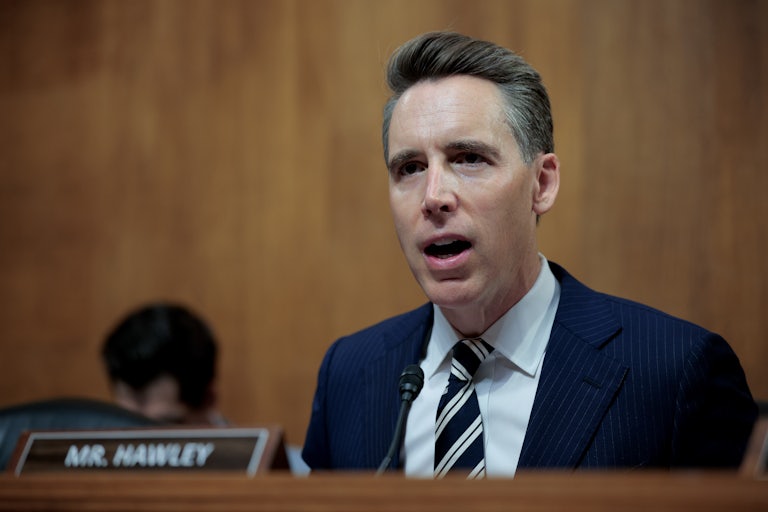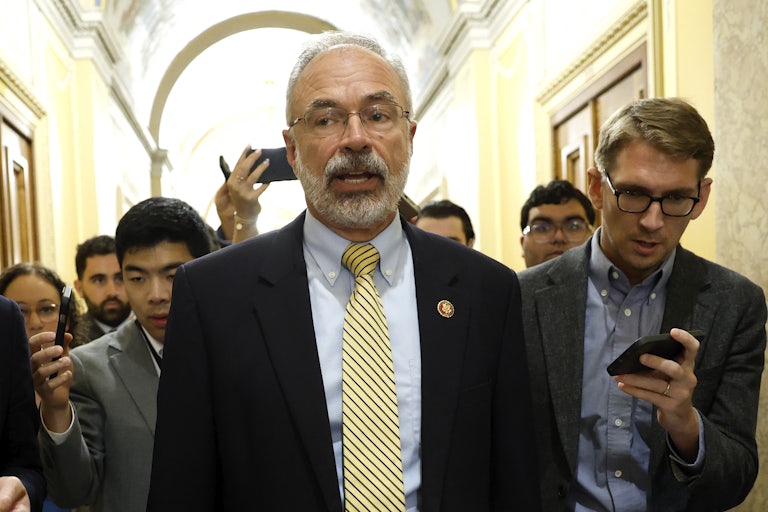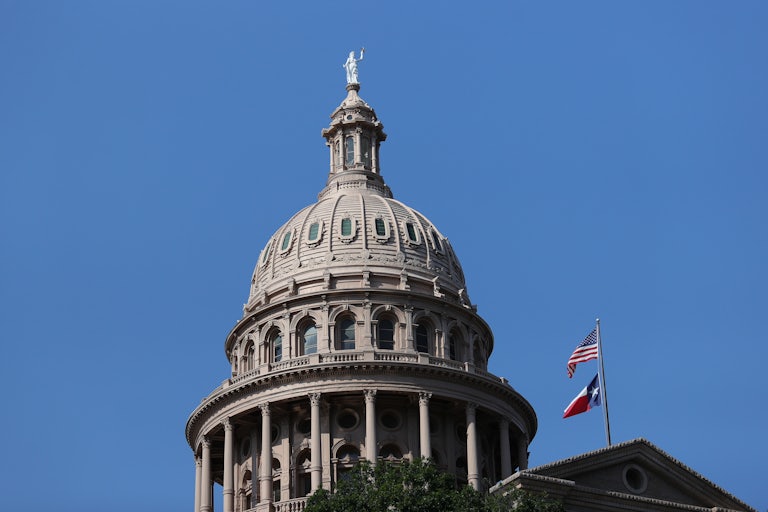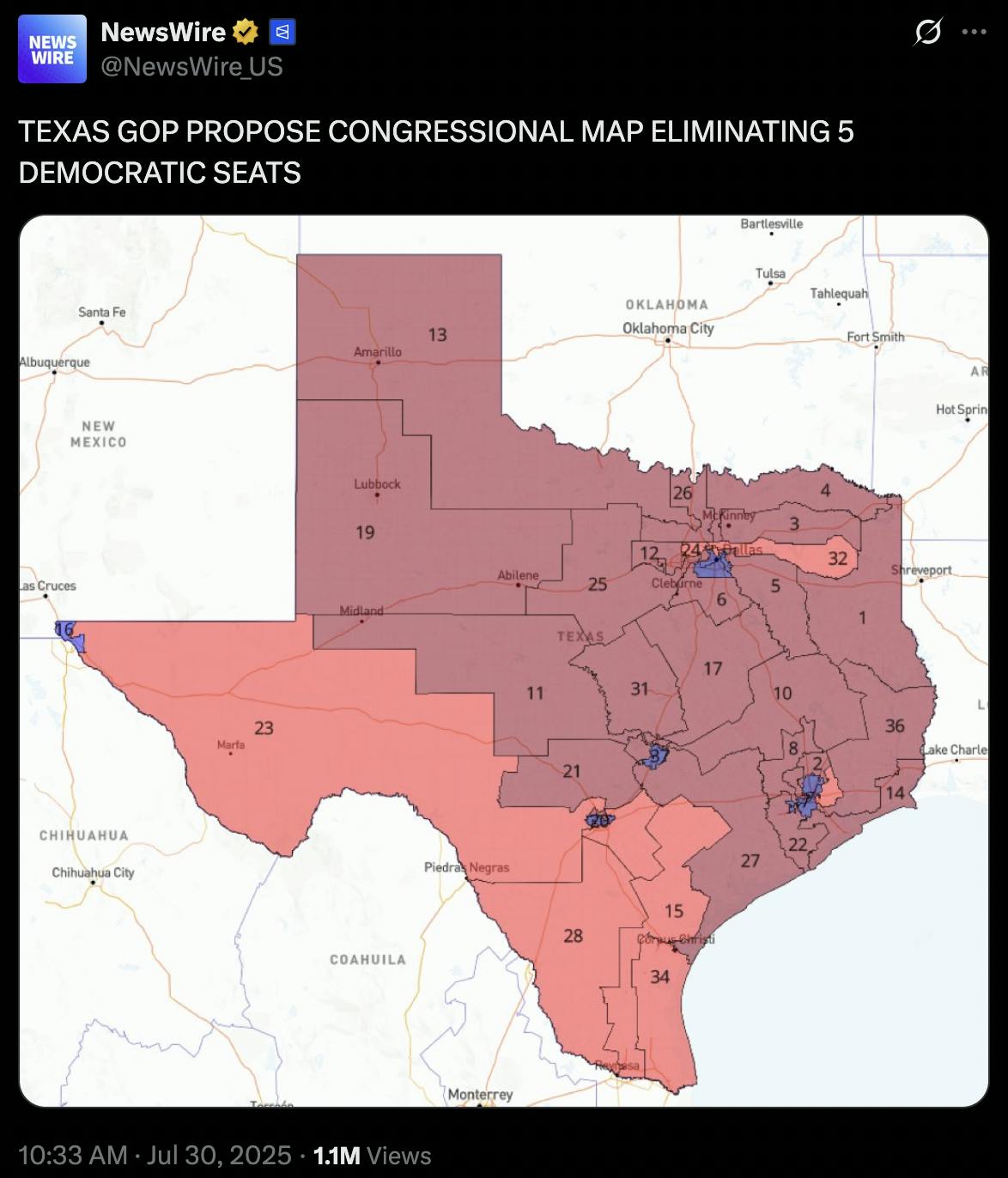Brazil’s President Says He Won’t Cave to Trump Like Everyone Else
Luiz Inácio Lula da Silva is hitting back at Donald Trump, even as the U.S. announces harsh new tariffs on the country.
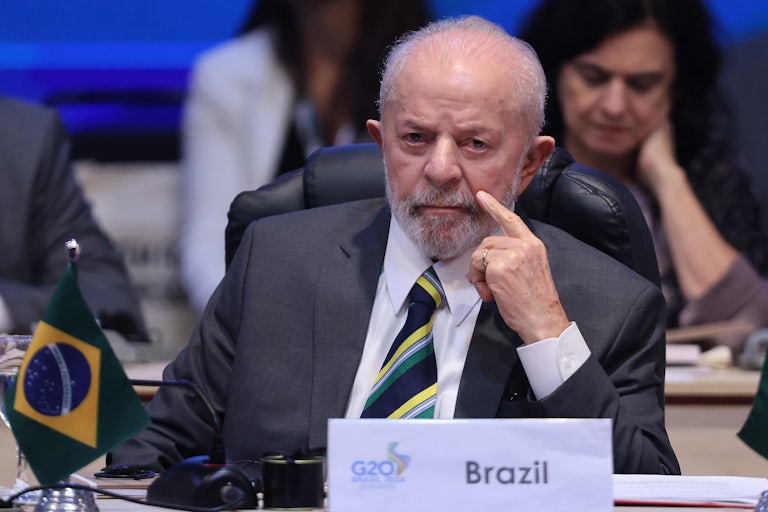
Brazilian President Luiz Inácio Lula da Silva demanded “respect” from President Trump in a New York Times interview published just hours before Trump hit Brazil with sanctions and the whopping 50 percent tariffs he’d been threatening.
“Be sure that we are treating this with the utmost seriousness. But seriousness does not require subservience,” Lula told the Times. “I treat everyone with great respect. But I want to be treated with respect.”
These tariffs are based on politics and personal sensitivities, not economics. Lula has long made his disdain for Trump’s strong-arming known, and Trump’s recent tariff move is absolutely retribution for that. Trump is also attempting to stick it to Brazilian Judge Alexandre de Moraes for his prosecution (or as Trump calls it, “witch hunt”) of disgraced former President Jair Bolsonaro, who attempted a January 6–like coup in 2023 to remain in power.
“Maybe [President Trump] doesn’t know that here in Brazil, the judiciary is independent,” Lula said. “At no point will Brazil negotiate as if it were a small country up against a big country.... We know the economic power of the United States, we recognize the military power of the United States, we recognize the technological size of the United States.... But that doesn’t make us afraid. It makes us concerned.”
Trump’s 50 percent tariff is certain to make goods like coffee, beef, and other imports from Brazil much more expensive for the average American.
Lula also mentioned that he found Trump’s use of Truth Social as a platform for actual policy decisions “disgraceful.”
“President Trump’s behavior strayed from all standards of negotiations and diplomacy,” he said. “When you have a commercial disagreement, a political disagreement, you pick up the phone, you schedule a meeting, you talk and you try to solve the problem. What you don’t do is tax and give an ultimatum.”
